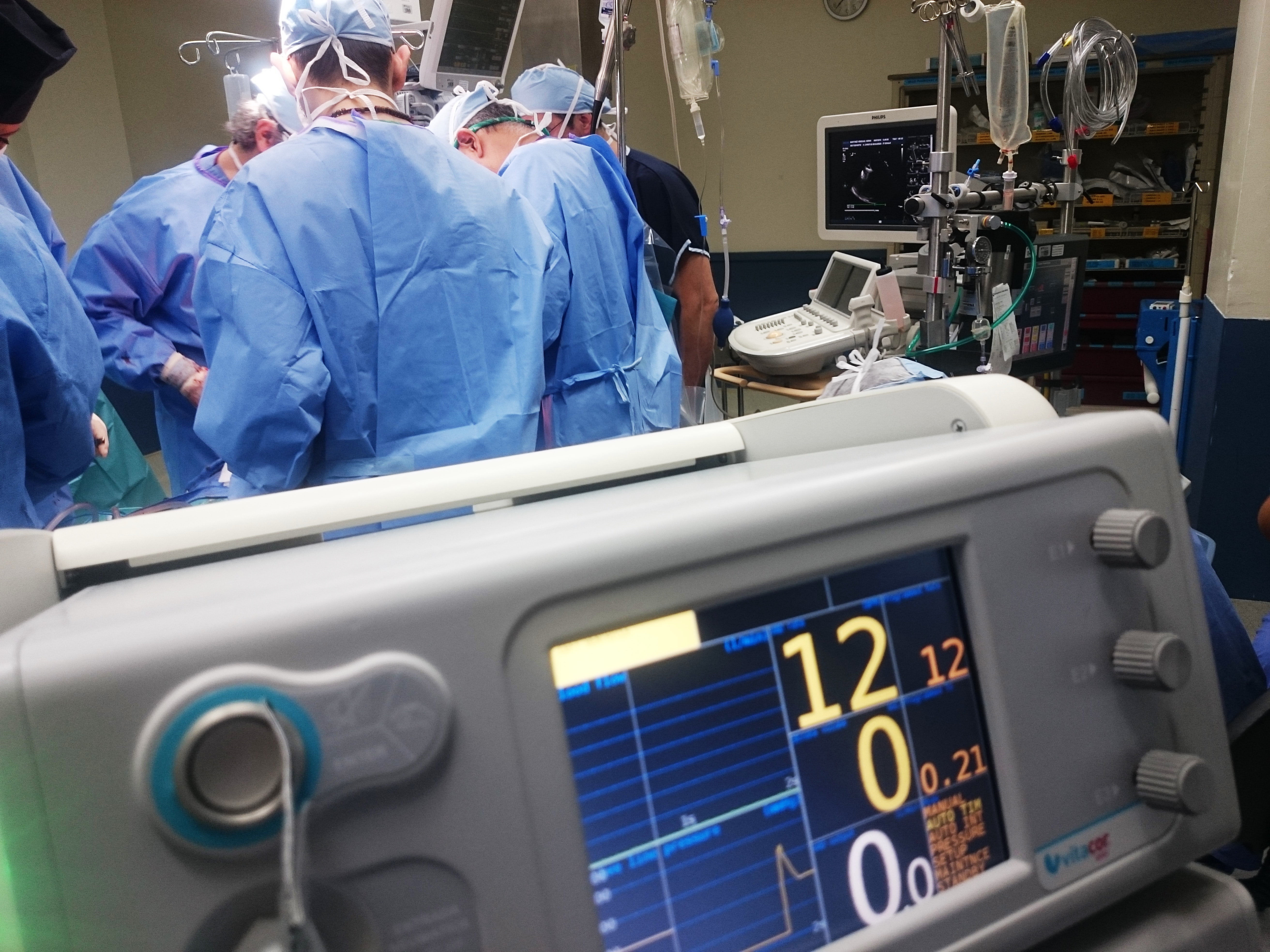News release
From:
Expert Reaction
These comments have been collated by the Science Media Centre to provide a variety of expert perspectives on this issue. Feel free to use these quotes in your stories. Views expressed are the personal opinions of the experts named. They do not represent the views of the SMC or any other organisation unless specifically stated.
Dr Paul Young, Director of the ICU Research Programme at the Medical Research Institute of New Zealand.
ICU care is typically the kind of care that can't be provided anywhere else in the hospital. Most patients are admitted to the ICU because they have a potentially reversible life-threatening condition, and many would die without the life support they receive in the ICU.
Because ICU care is highly specialised, it is not surprising that when the number of staffed ICU beds available to treat patients is low, that this delays delivery of appropriate care, and increases the risk of patients dying. This study provides clear evidence that the comparatively low number of ICU beds available in New Zealand measurably increases the risk of death among patients who are hospitalised with life-threatening conditions.



 Australia; New Zealand; NSW; VIC; SA
Australia; New Zealand; NSW; VIC; SA



